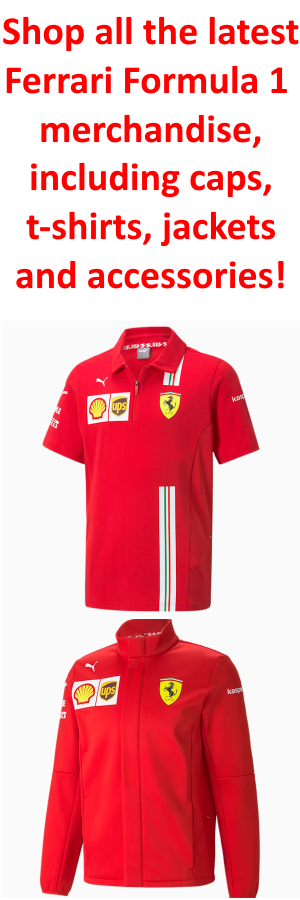In qualifying for the Spanish Grand Prix, the Ferrari drivers secured fifth and seventh positions. The setup improved progressively over the course of the Barcelona weekend, minimizing the numerous lack of rotation. Nevertheless, Charles Leclerc’s conservative selection prevented him from absolutely profiting from the monitor evolution. The arrival of clouds lowered the monitor temperature by about 4 levels—a modest however essential drop by way of tyre thermal administration.
Charles has much less confidence than Lewis in medium-speed corners
Information evaluation reveals that probably the most essential corners for the Monegasque in Q3 had been the medium-speed ones. Particularly, Charles Leclerc struggled in Flip 1 and Flip 4, the place he suffered from restricted rotation in comparison with Lewis Hamilton. His difficulties could also be linked to suboptimal tyre preparation, which pressured him right into a extra cautious method underneath braking, bringing much less velocity into the centre of the nook.
For the seven-time F1 world champion, probably the most problematic factors throughout the Catalan qualifying session had been Flip 5 and Flip 10: marked oversteer in Flip 10 and entry points in Flip 5. In that part of the monitor, the Briton different his braking level throughout totally different makes an attempt, solely discovering stability on his last timed lap.
McLaren as soon as once more proved superior in producing aerodynamic downforce. The TD018 directive had no impression in any way on the efficiency of the reigning world champions. Oscar Piastri made the distinction with a cleaner driving fashion, particularly within the first sector. Though his last time was much like Lando Norris’s, the latter’s errors compromised the thermal stability of the tyres, inflicting them to overheat.
a complete part of corners, the Pink automobile confirmed enchancment in probably the most technical components. In Flip 5 and within the portion of the monitor between Turns 10 and 12, Charles Leclerc ranked among the many greatest. In comparison with the early races of the season, the Monegasque is now giving extra significance to nook exit. This benefit is as a result of good mechanical grip on the rear, supported by efficient camber restoration offered by the suspension.
Moreover, this combines with using “path throttle,” a way helpful in aiding rotation in sluggish corners. Max Verstappen carried out excellently, though the Dutchman almost misplaced third place to George Russell on account of understeer that restricted the RB21’s competitiveness. Onboard footage reveals how Max Verstappen was pressured to extend the steering angle to compensate for the shortage of rotation.
Pink Bull engineers shifted each the mechanical and aerodynamic balances to the rear, aiming to enhance thermal administration throughout the race. Nevertheless, this selection penalised qualifying by making it more durable to carry the entrance tyres as much as temperature. George Russell stood out for his clear driving, however lacked sharpness in corners: as proven within the information, the Briton didn’t carry velocity by means of the center of the turns and struggled with traction.
Ferrari makes use of hybrid energy otherwise however has extra drag than McLaren and Mercedes
Each George Russell and Kimi Antonelli stood out on the straights, making full use of their automobiles’ low drag, particularly on the principle straight. McLaren additionally confirmed its excessive effectivity and stays by far probably the most full automobile. Lewis Hamilton and Charles Leclerc adopted a barely totally different hybrid deployment technique. As typically occurs, the 2 Ferrari drivers save power within the early a part of the principle straight to favour traction on nook exit.
Furthermore, the SF-25 has larger aerodynamic resistance, which limits prime velocity on the finish of the straight. The race appears set to be tough for each automobiles, partly on account of their beginning positions. Although each drivers have two new units of medium tyres, soiled air and tyre degradation might pose vital challenges. Fred Vasseur doesn’t share this view and stays upbeat. Identical for Lewis, who is especially optimistic.
Will probably be essential to confirm whether or not the Maranello workforce has discovered the suitable race tempo stability. The long-run simulation in FP3 was optimistic however not very telling, as a result of low variety of laps. It’s doable that the drivers would possibly begin on the delicate tyre to take advantage of additional grip within the early section. Afterwards, it’s going to turn into clear whether or not the automobile’s updates will enable for higher administration of the medium compound.
— see video above —-




